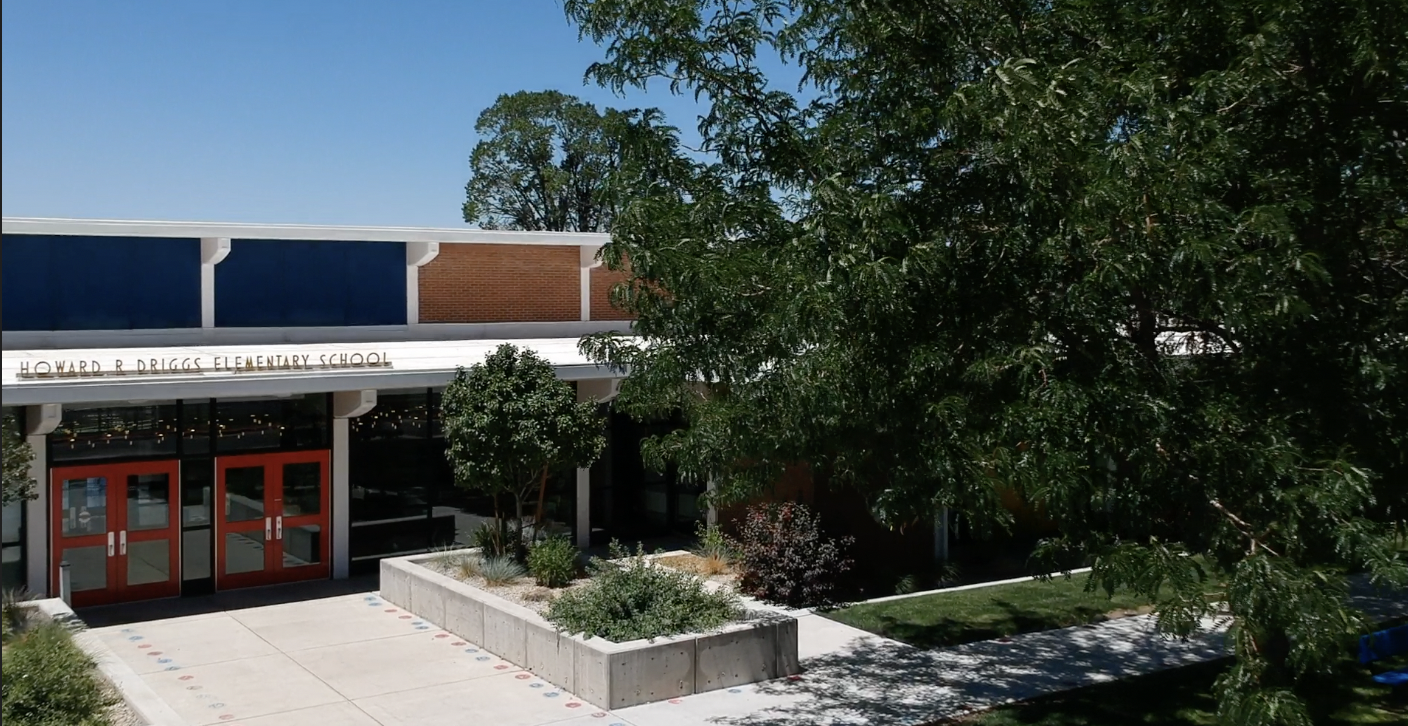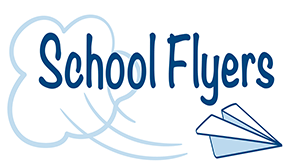Social-Emotional Learning and Well Being
Mindfulness activities (and others) that can help extend Social-Emotional Learning lessons that have been taught in classrooms:
Add:
19 Free Mind-Yeti Mindfulness Sessions
- https://www.youtube.com/playlist?list=PLiaUKiwbiHMQDQLCXoPaMMYotldKlUQCw
- Mind-Yeti is a library of evidence-based mindfulness exercises that help kids calm their brains and bodies, focus their attention, and connect to the world around them.
The Imagine Neighborhood
- https://www.imagineneighborhood.org/
- A podcast designed to help children and grown-ups grow their social-emotional skills.
18 Mindfulness Games, Worksheets, and Activities for Kids
- https://positivepsychology.com/mindfulness-for-kids/
- The above link will guide students and parents to mindfulness worksheets, activities, and meditation scripts that they can work on and utilize during the dismissal period. It also includes definitions of Mindfulness for kids that can help children better understand what it is, as well as parents who may not be familiar with Mindfulness.
5 Mindfulness Activities for Kids
- https://www.todaysparent.com/kids/kids-health/mindfulness-activities-for-kids-no-meditation-required/
- 5 activities that you can do to help reduce stress and fear and increase positive feelings and peace. All activities are free and available to everyone.
Helping Kids Cope With Stress
- https://www.who.int/docs/default-source/coronaviruse/helping-children-cope-with-stress-print.pdf?sfvrsn=f3a063ff_2
- Above is a document from the World Health Organization (WHO) providing additional guidance for parents on how to help their children cope with stress during this time.
Videos
Mindful Breathing Activities
Pufferfish- Mindful Breathing
Mindful Breathing
Calm Down and Release the Amygdala (video)
- https://www.youtube.com/watch?v=3bKuoH8CkFc
- This video could help extend lessons that have been taught on mindfulness; and the wise leader (pre-frontal cortex), security guard (amygdala), and hard drive (hippocampus).
Guide for parents and teachers on ways to talk with their children/students about Coronavirus:
NASP Guide to Talking to your Children about COVID-19 (Coronavirus) (English)
NASP Guide to Talking to your Children about COVID-19 (Coronavirus) (Spanish)
Additional thoughts and suggestions:
To promote peace and well-being we would also suggest considering taking time to unplug from phones, tablet, devices, etc.; turning the television off; and simply spending time together to play with your kids, play games, tell stories, read books, talk about feelings, and listening to one and other, or anything else that helps you connect as a family.










